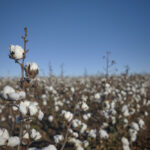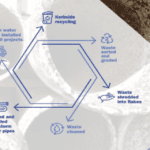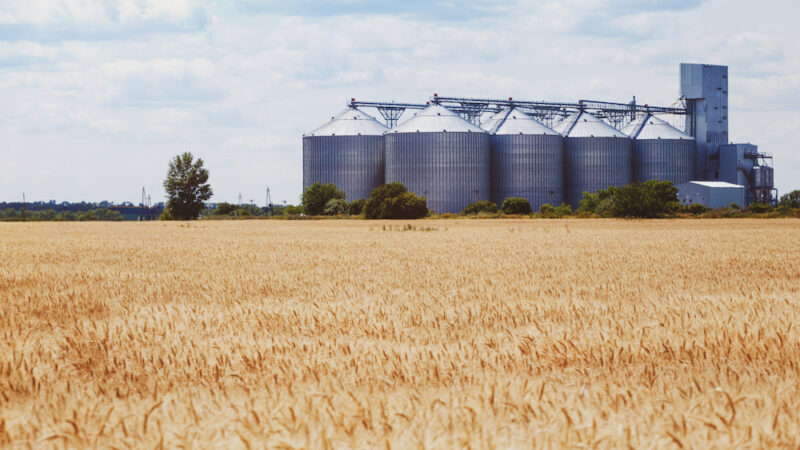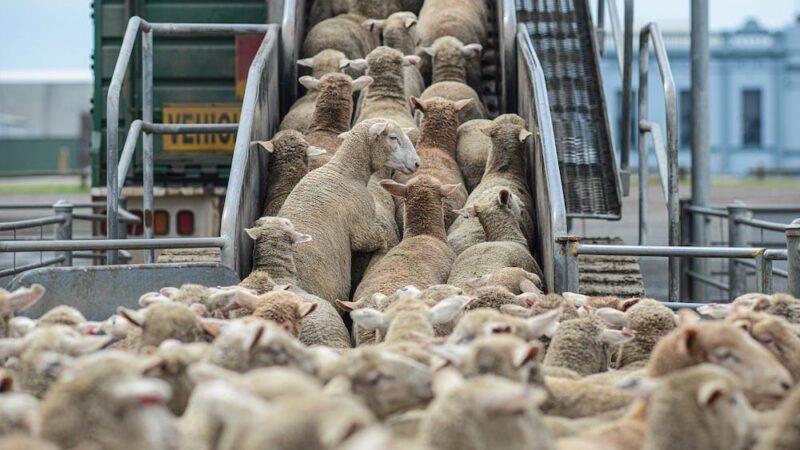Dry land, irrigation, integrated pest management, crop rotation. Most of these words and terms are…
Honey bees in lockdown
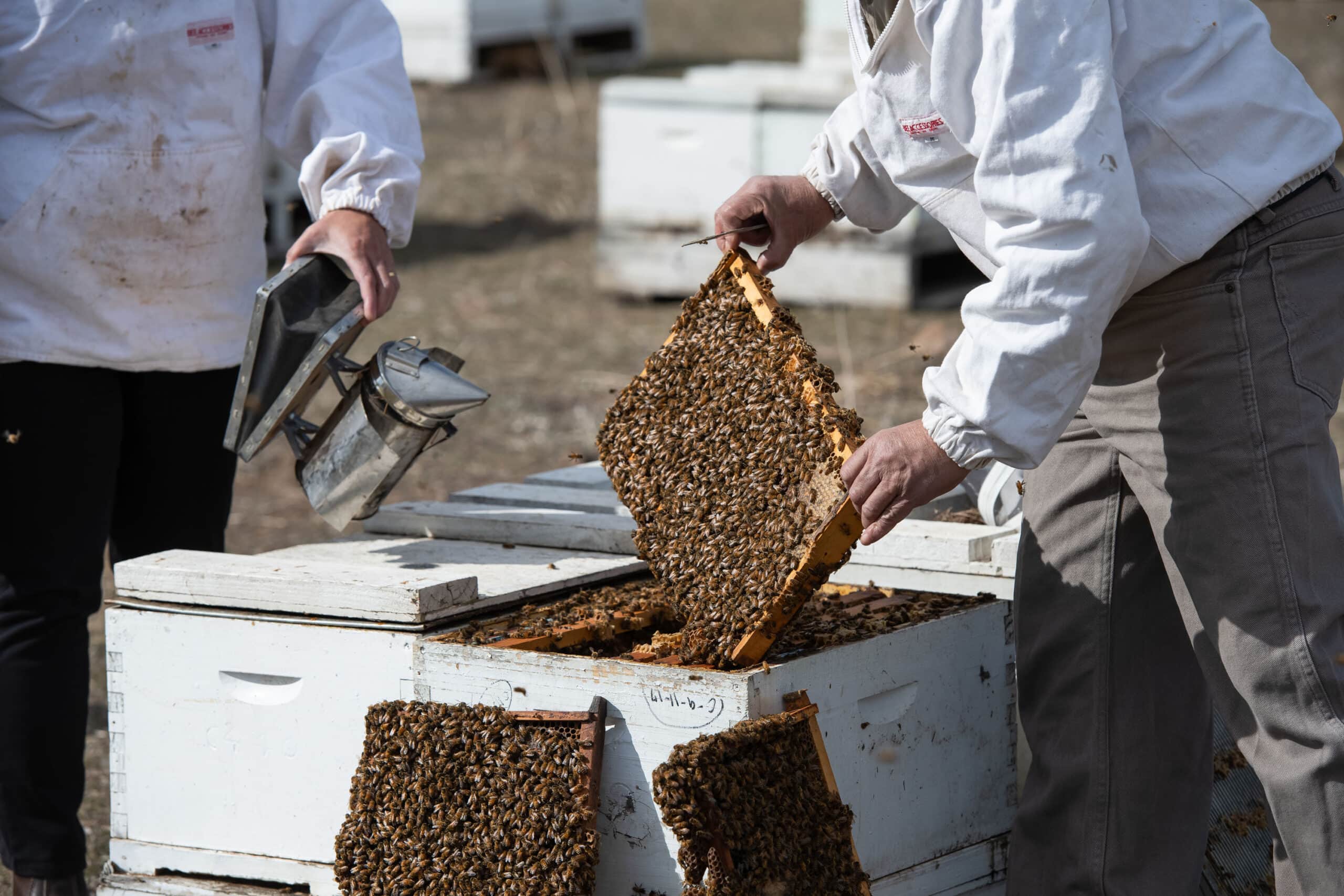
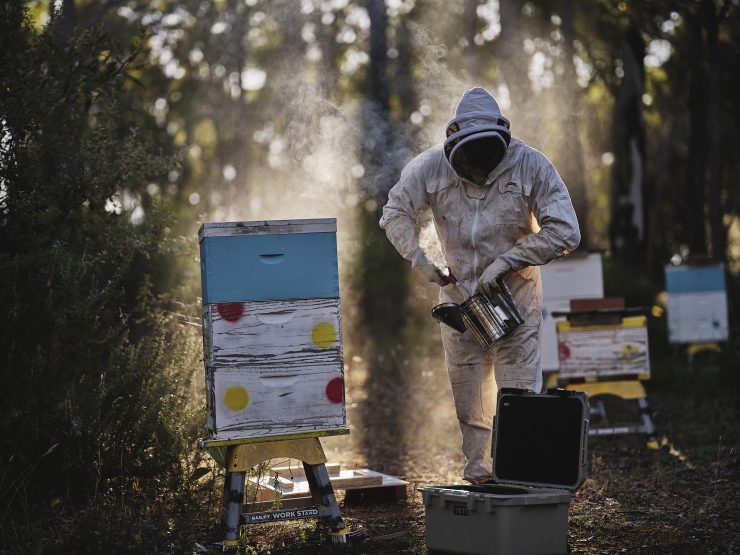
Honey bees are in a state of lockdown after the deadly parasite Varroa destructor was discovered in Newcastle.
It was first detected last Wednesday in two of the six hives used to monitor biosecurity at the Port of Newcastle and then in the hives of a nearby commercial beekeeper.
More commonly known as the varroa mite, the parasite spreads viruses that stop bees’ ability to fly, gather food and pollinate crops.
Australia is the only major honey producing country free from Varroa mite and if it has the chance to establish here, it could cost the honey industry more than $70 million a year.
There were fears it had spread to the central west region, but acting chief executive of the Australian honey bee industry council, Danny Le Feuvre, said there have been no further detections.
�There were no mites identified out at Trangie. Those hives have been destroyed as a precaution because they moved out of the Newcastle region a few weeks ago,� Mr Le Feuvre said.
�It�s a tiny mite that can be extremely difficult to find, and given the very high risk, the decision was made to destroy the hives at Trangie.�
Acting chief executive of the Australian honey bee industry council, Danny Le Feuvre
He said up to 100 hives had also been destroyed near the port as part of containment measures.

NSW Department of Primary Industries (NSW DPI) biosecurity officers are leading the emergency response, with support from Local Land Services and NSW Police. Two operation centres have been set up in Maitland and Orange.
NSW Agriculture Minister Dugald Saunders said beekeepers have been working with the Government through the National Bee Pest Surveillance Program.
�If it weren�t for their diligence in monitoring hives and catch boxes at strategic locations around our ports and airports, this threat may have gone undetected,� Mr Saunders said.
The emergency response also includes Biosecurity Zone covering an area within a 50-kilometre radius of the Port of Newcastle. Beekeepers within this zone must not move or tamper with their hives and must notify the NSW DPI with the location of all their hives.
Tough lockdown measures are vital
NSW Farmers President James Jackson said the tough biosecurity measures will have a major impact on the honey and horticulture sectors.
�The honey industry is a very important one in NSW, but bees and apiarists also play a vital role in pollinating horticultural crops like almonds, macadamias and avocadoes and pasture crops,� James said.
James said the almond industry alone requires around 240,000 hives to pollinate flowering trees.
�The almond crops start flowering in July, so the shutdown of moving hives will cause major issues for growers.
�However, these measures are necessary to contain this threat. The DPI is well aware of the potential widespread economic impact and have gone hard early.�
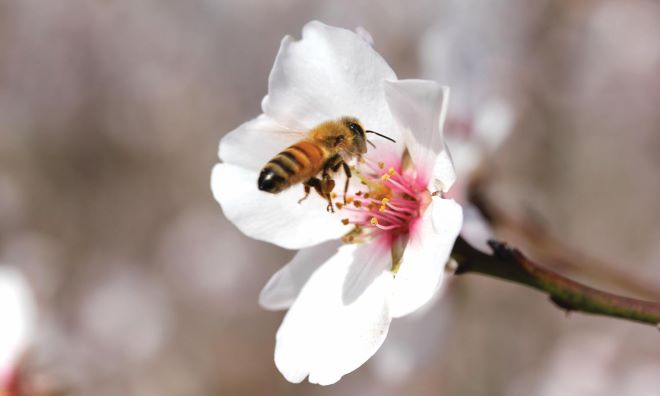
Mr Le Feuvre agreed, saying the coordinated response gave the industry some hope the outbreak could be contained.
�I am currently based at the state control centre in Orange working alongside the strategic and operations team. I am just providing advice, the biosecurity experts are making the decisions,� Mr Le Feuvre said.
Mr Jackson said NSW Farmers will work with the NSW Government and other industry bodies to ensure the response to varroa mite is adequate.
�The mite was picked up in sentinel hives at the Port of Newcastle and that demonstrates the importance of investing in early surveillance and detection biosecurity measures.�
�Clever surveillance can stop a catastrophe for the Ag sector, which is what would occur if things like the varroa mite and foot and mouth disease took hold in this country.�
�When it comes to biosecurity, we must invest in the entire biosecurity continuum and that�s why NSW advocated strongly for the $38 million in funding announced in the NSW Budget.�
NSW Farmers President James Jackson
�I think NSW is doing it well, but the federal government is lacking in their actions to stop threats like the varroa mite before they spread. It is pleasing to hear that the new Federal Agriculture Minister, Murray Watt, has said that biosecurity is a priority.�
The mites are tiny reddish-brown parasites and are easily identifiable to the naked eye. If you have bee hives located within the 50km biosecurity zone please notify DPI of their location by calling 1800 084 881, completing the form on this website, or emailing [email protected].
For more information on varroa mite and the NSW Government’s response, click here.
Have a look inside Australia’s growing almond industry here


